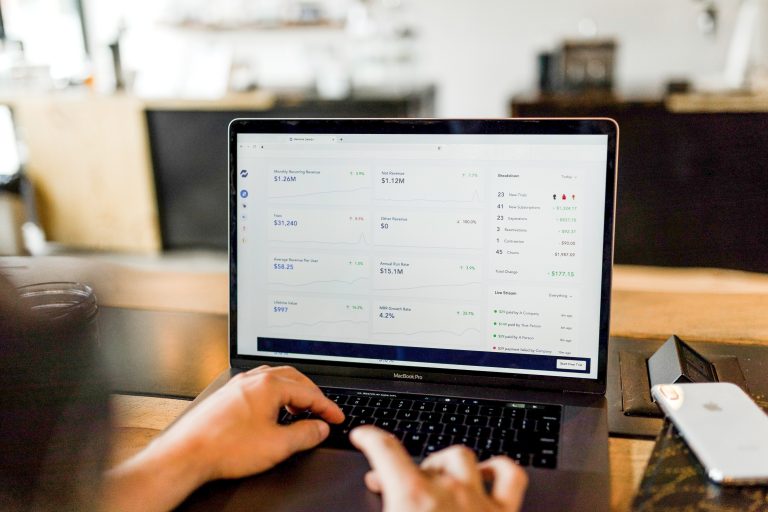As organisations increasingly focus on net zero and carbon reduction, supporting energy efficiency and sustainable transformation projects is vital to the success of these carbon reduction plans. However, energy consumption reduction and the implementation of energy projects often require cross-departmental collaboration. From engineers and management to investors and staff, a unified effort is needed to ensure success.
One highly effective tool for achieving this unity is energy and carbon management software, specifically through energy dashboards. These tools provide near real-time data and insights into energy consumption, monitoring and targeting (M&T), and carbon management, allowing organisations to engage in their sustainability goals more effectively. Here’s how energy dashboards can benefit organisations:
1. Transparency and Accountability
Energy dashboards provide a clear view of an organisation’s energy usage, offering employees at all levels visibility into the impact their actions have on energy consumption and carbon reduction. This transparency fosters accountability and encourages responsible behaviour. When everyone has access to energy and carbon management data, it promotes a collective effort to reduce energy waste and contribute to sustainability goals.
2. Data-Driven Decision Making
Decision-makers can make informed energy and carbon management choices using detailed, real-time data. Energy dashboards highlight trends and patterns, helping organisations pinpoint areas of inefficiency and target specific energy-saving initiatives. This data-driven approach guarantees that strategies are based on evidence, not assumptions.
3. Employee Engagement
Energy dashboards play a key role in engaging employees with sustainability efforts. Active involvement in energy-saving initiatives increases the likelihood of employees adopting and promoting sustainable practices. This engagement not only helps the organisation meet its sustainability goals but also improves operational efficiency, leading to reduced costs and greater long-term success.
4. Cost Savings
By identifying inefficiencies and areas of high energy consumption, energy dashboards enable organisations to implement targeted measures to reduce energy costs. These savings can be reinvested into other areas of the business, enhancing overall performance and furthering sustainability efforts.
5. Regulatory Compliance
Organisations face growing regulations surrounding energy use and environmental impact. Energy dashboards assist in meeting these regulations by providing the necessary data for monitoring and reporting. This ensures compliance, reduces the risk of fines, and highlights the organisation’s commitment to sustainability, improving its reputation with stakeholders.
6. Enhanced Communication
Energy dashboards serve as a central communication tool for sustainability initiatives. By sharing data on energy consumption and progress towards sustainability goals, organisations keep employees informed and engaged. Regular updates, visualisations, and reports can be shared through newsletters, meetings, and intranet sites, ensuring all staff are aligned with the organisation’s objectives.
7. Benchmarking and Goal Setting
Energy dashboards enable organisations to compare their energy performance with industry standards or set internal targets. This enables them to set realistic and achievable goals, track progress, celebrate successes, and identify areas where further improvement is needed.
8. Customer and Stakeholder Engagement
As consumers and stakeholders become more sustainability-conscious, energy dashboards offer an opportunity to showcase an organisation’s commitment to environmental responsibility. By sharing energy performance data with customers and stakeholders, organisations can build trust and enhance their reputation in the marketplace.
9. Supplier Management
Energy dashboards help manage suppliers by providing near real-time data on energy consumption and ensuring billing accuracy. Any discrepancies in energy consumption and billing can be promptly detected and resolved, minimising the risk of overcharges and enhancing financial precision.
A Catalyst for Cultural Change
Energy dashboards are not merely tools for monitoring energy consumption; they are catalysts for organisational change. By providing transparency, enabling data-driven decision making, and fostering a sense of shared responsibility, they help organisations achieve their sustainability goals and improve overall performance. Adopting energy and carbon management software solutions is a crucial move towards achieving a more sustainable and proactive future.
